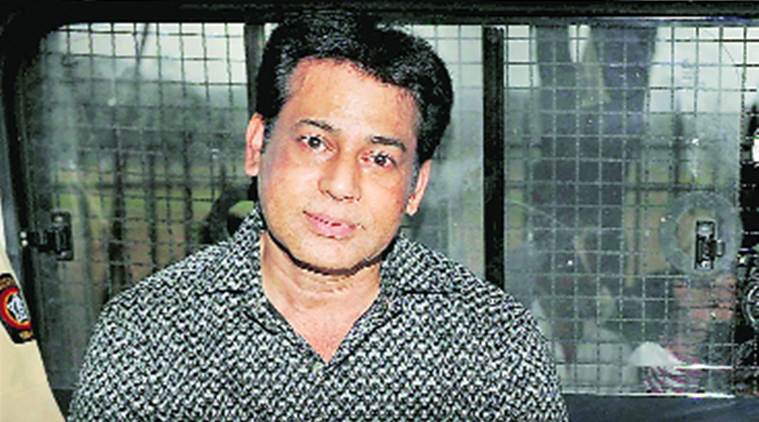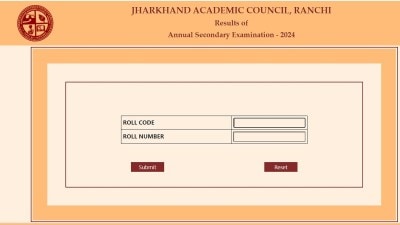- India
- International
1993 Mumbai blasts case: CBI seeks life imprisonment for Abu Salem, Riyaz Siddiqui
While Salem was convicted under charges including criminal conspiracy and murder which attract a maximum punishment of death, special CBI counsel Deepak Salvi said that he cannot be given death under the Indian Extradition Act.
 Abu Salem
Abu Salem
THE CENTRAL Bureau of Investigation (CBI) has sought life imprisonment for Abu Salem and Riyaz Siddiqui in the 1993 Mumbai serial blasts case. While Salem was convicted under charges including criminal conspiracy and murder which attract a maximum punishment of death, special CBI counsel Deepak Salvi said that he cannot be given death under the Indian Extradition Act.
Salem was extradited to India on November 11, 2005 from Portugal. Salvi argued that under solemn sovereign assurances given to Portugal and under Section 34 (c) of the Indian Extradition Act, 1962, the death penalty cannot be awarded to Salem. “In a case when the sending state does not provide for death penalty for such extradited offences….though nothing short of the death penalty would aptly fit the crime committed by him (Salem)…bound by the shackles of the Extradition Act, I seek the maximum punishment of life,” Salvi submitted before the special Terrorism and Disruptive Activities (Prevention) Act court. As per the CBI’s evidence, Salem was not part of any conspiracy meeting, but was involved in “safe-keeping, distributing and concealing” of arms in various places.
The court had said that it was proved that in January 1993, Salem went to Gujarat in a Maruti car to receive arms, ammunition and explosives and to transport these to Mumbai. Some of these weapons were subsequently delivered to actor Sanjay Dutt, who was acquitted under TADA Act but sentenced to five years imprisonment under the Arms Act.
Salvi told the court that Salem was a prominent member of the Dawood and Anees Ibrahim gang and had “prior knowledge” of the conspiracy to conduct blasts in the city. On Tuesday, Salvi told the court that though Salem cannot be sentenced to death, the court should record in its findings that Salem deserved death. Advocate Sudeep Pasbola, representing Salem, objected to the submission. Salvi also submitted that an aggravating circumstance against Salem is his conviction under the TADA Act in another offence of murdering city builder Pradeep Jain.
Salem’s appeal filed before the European Court of Human Rights in January 2017 is pending. The Portuguese authorities have submitted before them that they continue to approach Indian authorities to ensure the conditions of extradition are respected. Salem has alleged that India has violated the extradition treaty.

Meanwhile, the CBI sought maximum punishment for Siddiqui. The court on June 16 had convicted Siddiqui only under Section 3 (3) of the TADA Act, while acquitting him under charges including criminal conspiracy and murder.
Siddiqui’s role in the blast had been revealed in the confession of Salem, which was eventually retracted by him. The court found Siddiqui guilty of facilitating the safe transportation of the arms consignment. Siddiqui had provided a car which had built-in cavities to Salem in Bharuch in Gujarat for transporting arms. Siddiqui has maintained in his defence that he was not aware of the conspiracy. The defence advocates will begin arguing on quantum of punishment from Wednesday.
Apr 19: Latest News
- 01
- 02
- 03
- 04
- 05





























